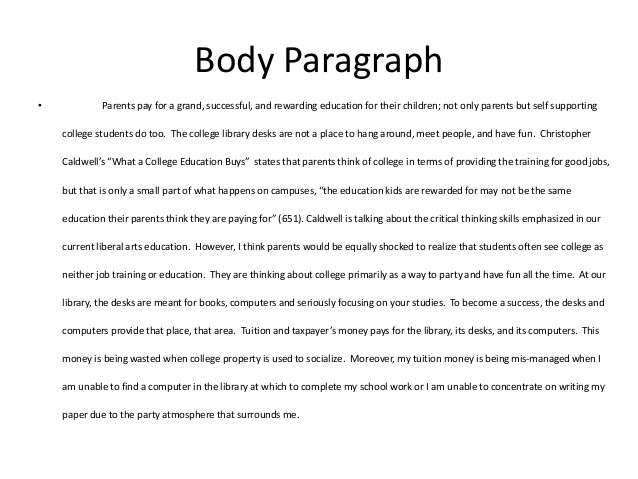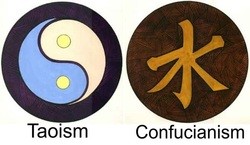Tips on Writing a Persuasive Internet Censorship Essay
Table of Contents
What Is Internet Censorship Essay Example?
Let’s start with examining the Internet censorship essay as a distinct type of academic assignment. What does your professor expect to see when they assign an Internet censorship essay to you? In most cases, this task will relate to one of the following:
- The ethics of Internet censorship as an intricate balance between free speech and user protection.
- The extent to which the government should be allowed to censor the Web.
- The degree of censorship in democratic vs. authoritarian regimes.
- Relationship between Internet censorship and national security.
- The role of censorship in addressing misinformation and fake news.
These and many other topics may lay the basis for your critical inquiry into what censorship means, when it is justifiable, and what the alarming signs of Web manipulation are. Whatever your prompt for an Internet censorship essay requires you to write, you should include the following:
- A neat, informative introduction with a censorship thesis statement.
- Well-organized paragraphs, each related to the thesis statement.
- Credible evidence from objective academic sources.
Here, we examine how you may compose a flawless Internet censorship essay and share a high-quality example to guide you in the process.
Internet censorship essay can be looked at as a persuasive essay as the topic is pretty much open. You will first have to make a stand for or against the topic to win over your reader. It is your job as a writer to convince the reader beyond doubt to accept your point of view. To do this, you will have to do good research whereby you should keep the biasness of the reader in mind and have a solid understanding of both sides of the coin. A great persuasive essay shows the reasons for the correctness of the opinion of the writer and the reasons for the incorrectness of the opposing view. Persuasive writing has been widely used in relation to blogs, advertising, political speeches, and newspaper editorials. In most cases the assignments on persuasive writing as well as test prompts are concerned with contemporary issues such as internet censorship. The main aim of the persuasive essay is to convince or persuade the reader to think in a certain way which is your way.

- Prewriting Stage
This stage is very crucial where the writer needs to plan on every aspect of the essay. Choose a position and make sure the position has more points to argue out to avoid running out of points in the middle of the essay. Ensure you do an extensive research to make your essay as solid as possible. Avoid relying on one source and have a wide base of sources both primary and secondary where you will be able to get an insight of all sides of the topic.
- Draft the persuasive essay
Ensure the introduction has a strong hook that catches the attention of the reader. You can start your essay with an unusual statistic or fact, a quotation or question, or even an emphatic statement. The thesis statement should leave no doubts on the writer’s position where each body paragraph needs to cover a different point and the sentences of every paragraph must offer strong evidences. Ensure that you consider the different ways of making the argument inclusive of using an analogy, illustration, drawing comparisons with a hypothetical situation. Do not make assumptions that the reader has an in-depth knowledge of the issue. Write the essay as though you are in a debate where you would have to introduce your topic, list the evidences you have as well as draw a conclusion for the audience as a persuasive essay has the very same structure.
Write a conclusion that ties all your ideas together. At this point place emphasis on your thesis. You can either use a story or information discussed prior to give your conclusion a good stand. Again, the closing sentence should be captivating where it can be a question that provokes the thinking of readers or even recommendations that gives specific ideas to readers.
- Revise your essay
You should review your essay modifying and reorganizing it and try to make it to the best version it can be. Ensure that you confirm the following:
-If the essay presents a solid position of the issue and if it is supported by relevant quotes, examples, facts, and statistics.
-Check if the introduction has an intriguing hook that makes the reader want to read more.
-Whether each paragraph provides compelling evidence that aims at supporting the point.
-If the opposing sides are presented and convincingly invalidated.
-Check the sentence structure and the preciseness of word choice.
-If the concluding paragraph shows the position of the writer.
If you feel that the essay is missing the mark you can have another look of the thesis. When the thesis offers a strongly built argument as well as clearer adversarial viewpoint the rest of the essay will fall into place.
- Edit your essay and make a final copy
Proofread plus correct the grammatical errors as well as mechanics editing to improve the clarity and style. You will even get a fresh editing perspective when you ask your friend to read the essay.
Use This Internet Censorship Essay Example for Inspiration
Is there a place for Internet censorship in democracies?
The advent of the Internet and its massive spread have marked a transformative moment in public access to information. Previously consuming carefully curated news only through state-sanctioned traditional media, people around the world have received an opportunity to access various viewpoints and generate their own content online. However, the seemingly beneficial freedom of speech and ownership on the Internet soon revealed its dark side as well, with hate speech, discriminatory comments, and cyberbullying rising amid the non-regulated Internet space. The full absence of control and moderation has made nobody feel secure online, and censorship has emerged in this area of communication. Still, there is no consensus on the propriety of Internet censorship in democratic countries, with allegations of state control and muting of non-mainstream voices under the guise of public protection. This essay examines the concept of censorship to draw a vital distinction between justifiable moderation and discriminatory censorship to inform healthy and reasonable content regulations in democratic states.
The core cause of unending debates about the propriety of censorship is the common confusion surrounding the concepts of moderation and censorship. Content moderation in online resources is related to non-intrusive oversight of the published content and blockage of posts and users who engage in openly illegal, aggressive, and hate-inciting activities online. Social media posts and blogs that voice overtly racist ideas or incite the readers to violence or crime are sure to be banned by moderators. Other issues subject to moderation include misinformation and fake news, harassment and bullying instances, and sexually explicit content. Online users are also prohibited from sending scams or spam messages to other users, publishing content that justifies extremism and terrorism, as well as promoting or offering illegal services (e.g., drugs, weapons, and human trafficking).
Censorship is more pervasive and arbitrary compared to moderation. The most important distinction that may help one detect censorship is the unjustified removal of posts relating to non-mainstream (yet not extremist or aggressive) political views and positions on relevant events and issues. For example, a region suffering from a calamity may face much destruction that local authorities try to conceal by diminishing the damage in the news. Once the local residents start publishing their user-generated content (UGC) to show what really happened in their location, these posts may go under a shadow ban to prevent other people from discovering the truth. Other censorship instances relate to the intentional display of negative news about a political candidate in favor of another candidate enjoying only positive coverage.
As the presented evidence suggests, censorship should be present to a certain degree in the online space to give users the basic level of protection from violent or sexually explicit content and other manifestations of aggression, discrimination, and hatred. When it takes the aforementioned forms of content moderation, the role of content control is positive and beneficial for the users. However, more arbitrary and intentional forms of content moderation in favor of the state authorities or other stakeholders are unjustifiable because they violate the principles of free speech online and can harm some interest groups at the expense of others.
Final Word
As soon as you find yourself trapped with an Internet censorship essay, don’t try to win this battle alone. By coming to us, you secure vital free time and mental balance for yourself. Our team is highly qualified in various types of academic writing, from conflict essay composition to other forms of problematic issues, including censorship on the Web. Thus, you may rely on our expertise and relax, knowing that your tasks will be polished to perfection and will win you the highest grade.

 15.2K
15.2K 


